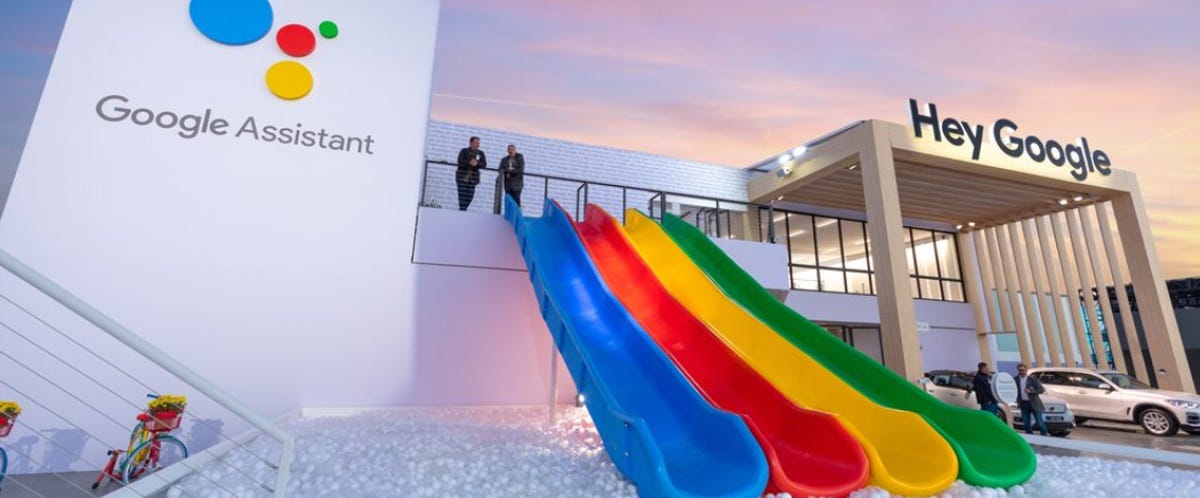[ad_1]

When you welcome a voice assistant into your home, it becomes part of the entire household’s ecosystem, including your little ones’. Today, Google optimized its Google Assistant to cater more towards your kid’s needs.
Children are very observant and bright in nature, so it doesn’t take long before they pick up on the fact that they can ask their handy Google Assistant any question in the world and get an answer to all of their biggest curiosities.
This much unlimited access to information can be very beneficial in feeding their hunger for knowledge and helping them learn about the world around them. However, when unchecked, it could lead to your children accessing information that as a parent, you didn’t quite want them to learn.
For that reason, Google is now unveiling parental controls for Google Assistant.
“As a mom, I see firsthand how kids’ relationship with technology starts by discovering the power of their own voice,” said Sissie Hsiao, Vice President of Google Assistant. “And as today’s kids grow up in a world surrounded by technology, we want to help them have safer, educational and natural conversational experiences with Assistant.”
In the coming weeks, parents will have the ability to modify media settings, enable or disable certain Assistant functionality and set up downtime for their kids through the Google Home, Family Link and Google Assistant apps on both Android and iOS, according to a blog post.
With parental controls, parents can choose the music and video providers their children can access, decide whether the kids can access news or podcasts, and most importantly, restrict them from certain actions such as making phone calls. The updates also include control over what kind of answers your children get from Assistant.
Another new feature coming to the Google Assistant is Kids Dictionary. When this setting is enabled, if your child asks how to define a word and the Assistant detects their voice, it will answer in a fun, kid friendly way.
For the Assistant to detect your child’s voice, all you have to do as a parent is use the Family Link or Google Home app and add the child’s voice to the device.
Lastly, four new kid-friendly voices are coming to the Assistant. These new voices were designed alongside kids and parents and have a diverse range of accents to reflect different communities. For example, some voices are slower and more expressive to help kids with comprehension.
Google is not the first to introduce parental controls to a voice assistant. Amazon has had parental control options available for its speakers since 2018, first called FreeTime and later renamed Amazon Kids.
Through Amazon Kids, parents have access to an Amazon Parent Dashboard that allows them to create profiles for their children and disable Alexa features, filter inappropriate content, set time limits and review your child’s activity.
In addition to working with parental controls in place, Alexa can also interact with children in clever ways such as telling jokes, answering homework questions and using child-friendly dialogue.
Source link



